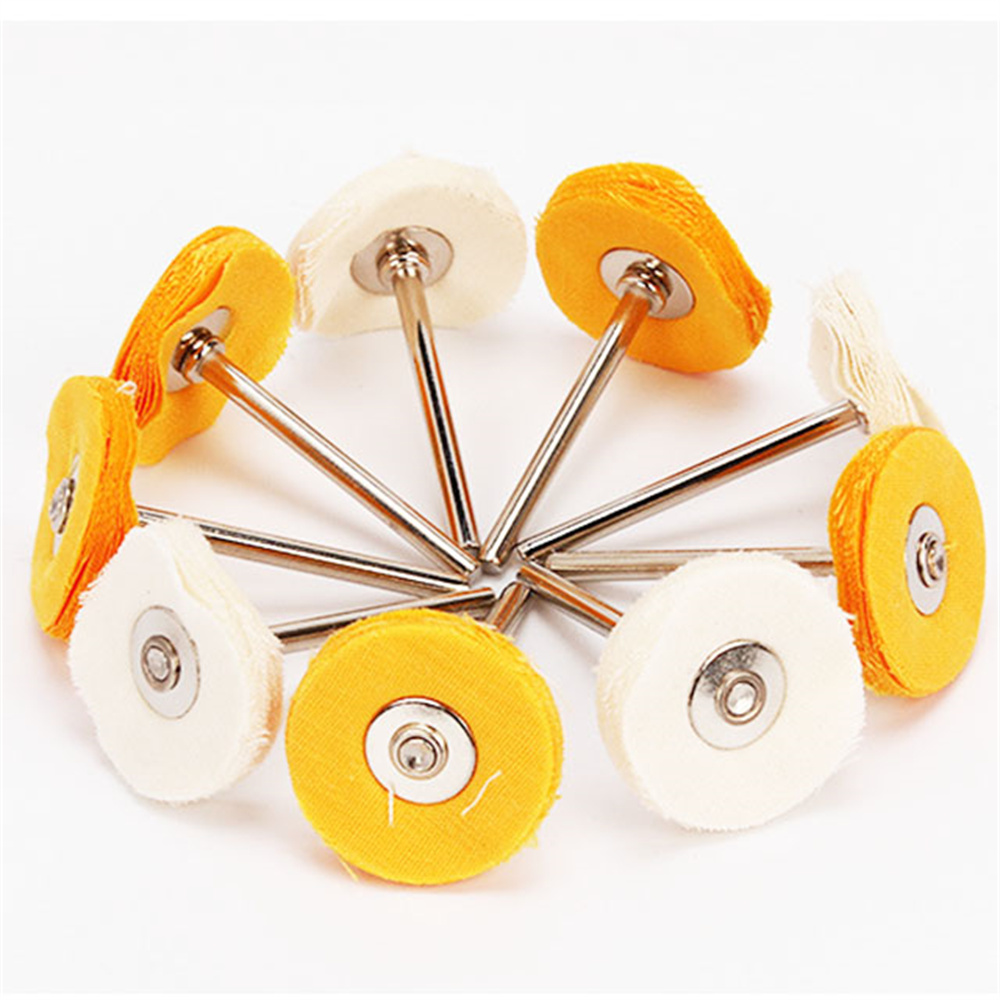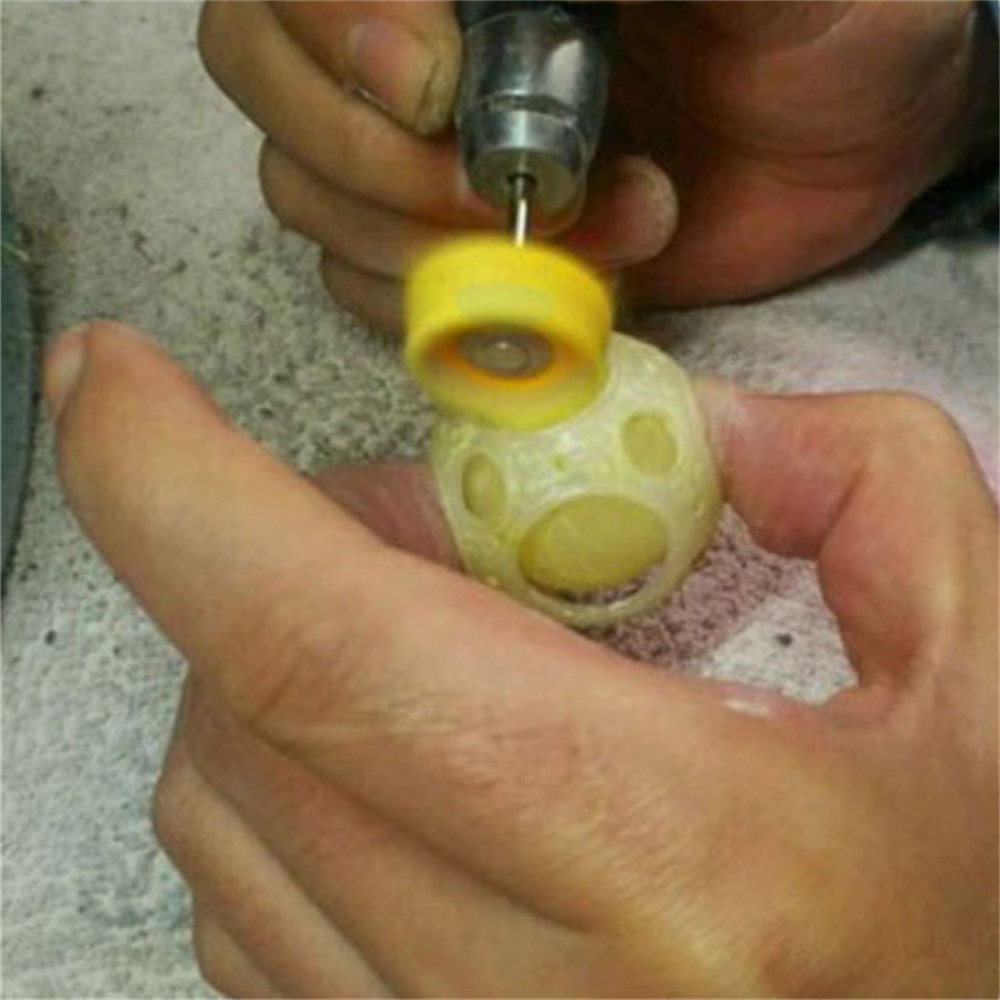The reporter learned from the Chinese Academy of Agricultural Sciences on the 28th that the non-edible oil and fat resources used as raw materials to convert biodiesel technology led by the Institute of Oil Crops Research, Academy of Agricultural Sciences has broken through a series of technical bottlenecks and has made important progress.
According to reports, this technology uses non-edible oil resources such as Jatropha, Cortex, and waste oils as raw materials to realize the conversion to biodiesel. And its transformation has broken the bottleneck of the original technology, low conversion rate, high energy consumption, large waste water discharge, and unstable product quality, and solved the development of China's biomass energy industry due to the lack of efficient non-edible oil resources bio-diesel conversion technology. Puzzles.
According to Huang Fenghong, head of the project's innovation team and researcher at the Oil Institute, the use of non-edible oil resources to develop biodiesel can achieve the benefits of “not competing with people for food, not competing with foodâ€.
Under the support of the National 863 Program, the National Science and Technology Support Program, and international cooperation projects, the research team has developed non-edible oils such as Jatropha curcas and Kombucha, palm oil containing high-saturated fatty acids, and waste oils with complex components as raw materials. Key technologies for diesel fuel, including key technologies for pretreatment of non-edible oil resources, high-efficiency oil extraction and recovery technologies and key equipment, high-efficiency conversion technologies suitable for different raw materials, and multi-functional quality improvers for stabilizing the quality of biodiesel products Wait.
According to the data, China's non-edible oil resources are abundant, and the marginal land use potential for the cultivation of energy oils is huge. There are dozens of energy oil resources such as Jatropha curcas and photo-corrugated trees. In addition, more than 2 million tons of waste oil is produced each year in the country. The use of non-edible oil resources to develop bio-diesel can not only alleviate energy shortages, promote marginal land use and ecological protection, but also prevent waste oil from directly discharging pollution or returning to the table and endangering health.
The project has obtained 12 national patents, including 10 invention patents and 2 invention exhibition awards. It has been promoted and applied in many enterprises in Hubei, Hunan, Hebei, and Cambodia. Through the implementation of the project, the planting of Jatropha and Ginger trees in the mode of “enterprise + base†has promoted marginal land use and opened up new ways for farmers to increase their income. (Reporter Wang Yu)
This cotton buffs drill buffing head is made of 100% high quality pure soft cotton cloth, these buffing wheels are perfect for fine polishing of various jewelries made of brass, silver, gold or plastic, especially for high luster mirror buffing.
1.Specially designed for polishing recessed aread such as mag wheels, motorcycle wheels manifolds.
2.Use with any drill.
3.Shine your faded wheels, manifolds etc. With this Great PROFESSIONAL GRADE KIT!
4.Brings your faded items back to like new condition. The variable speed drill prevents the pad from rotating too fast and spraying off the polishing compound.
We distributes and wholesales various brands of Bonded Abrasives , Abrasive Sanding Disc, Cutting Wheels , Abrasive Flap Disc , Flap Wheels , Flap Disc Backing Pad, Flap Disc Adhesive , and Surface Conditioning Product etc, and enjoy a high position among consumers.



Drill Buffing Head,drill buffing wheel,Grinding Head,Buffing Cloth,Cloth Buffing Wheels With Shaft
Zhengzhou Jiading Abrasive Manufacturing Co.,Ltd , https://www.jd-abrasives.com